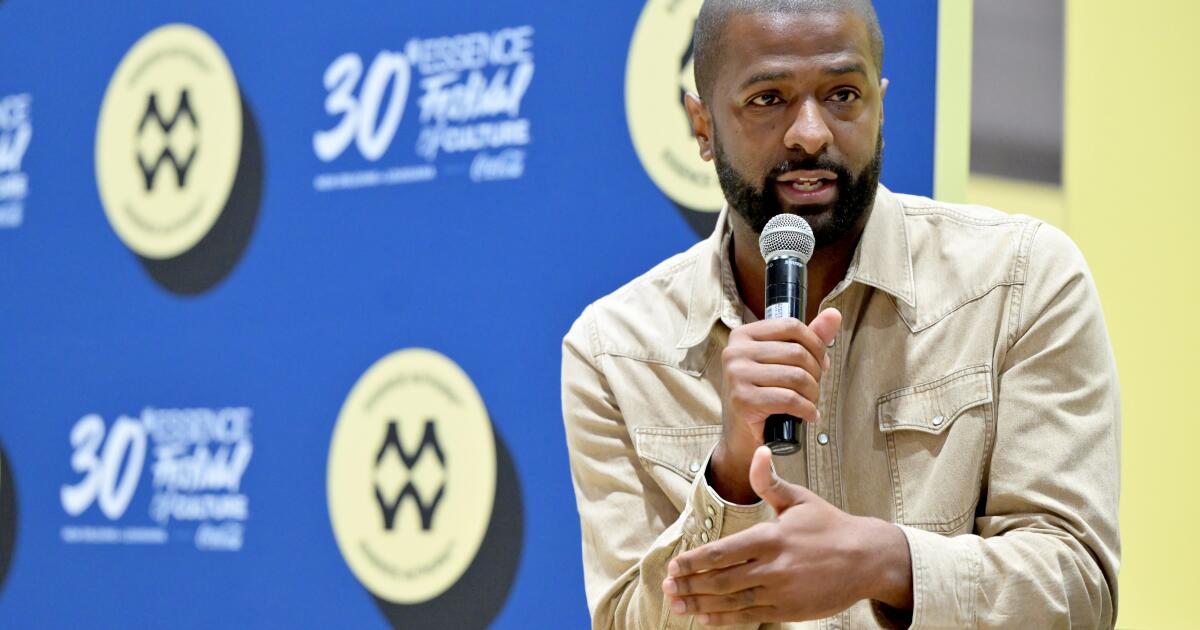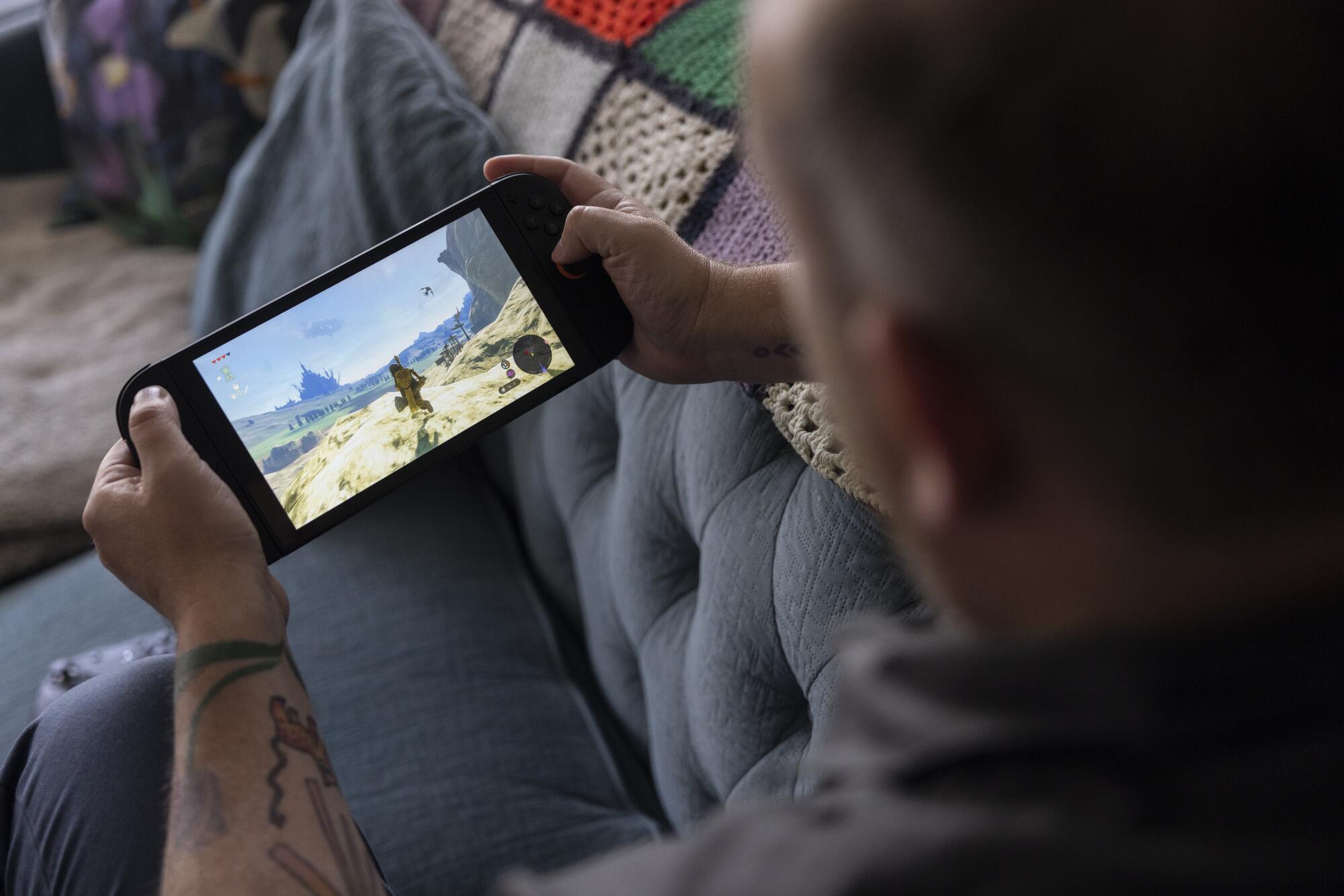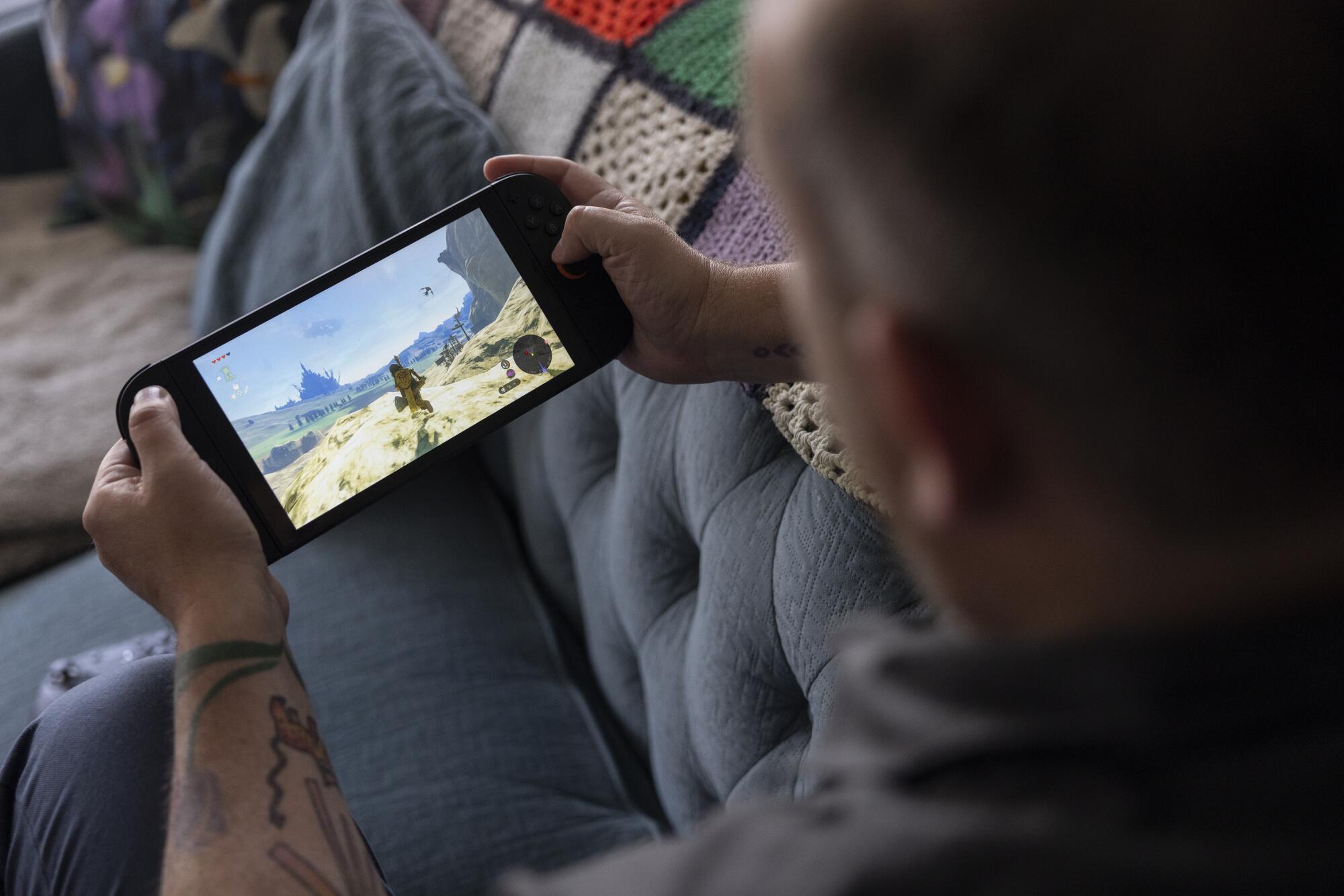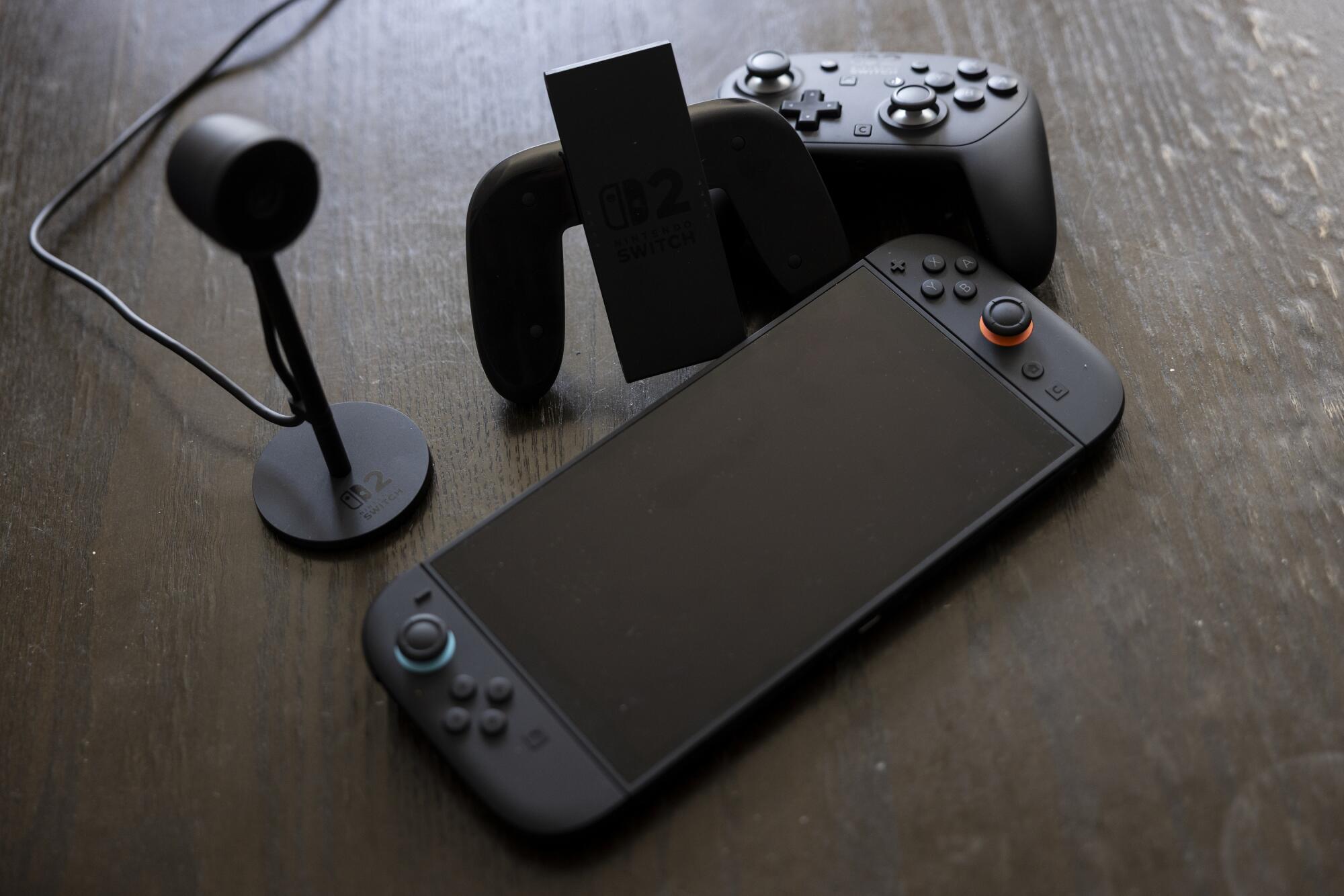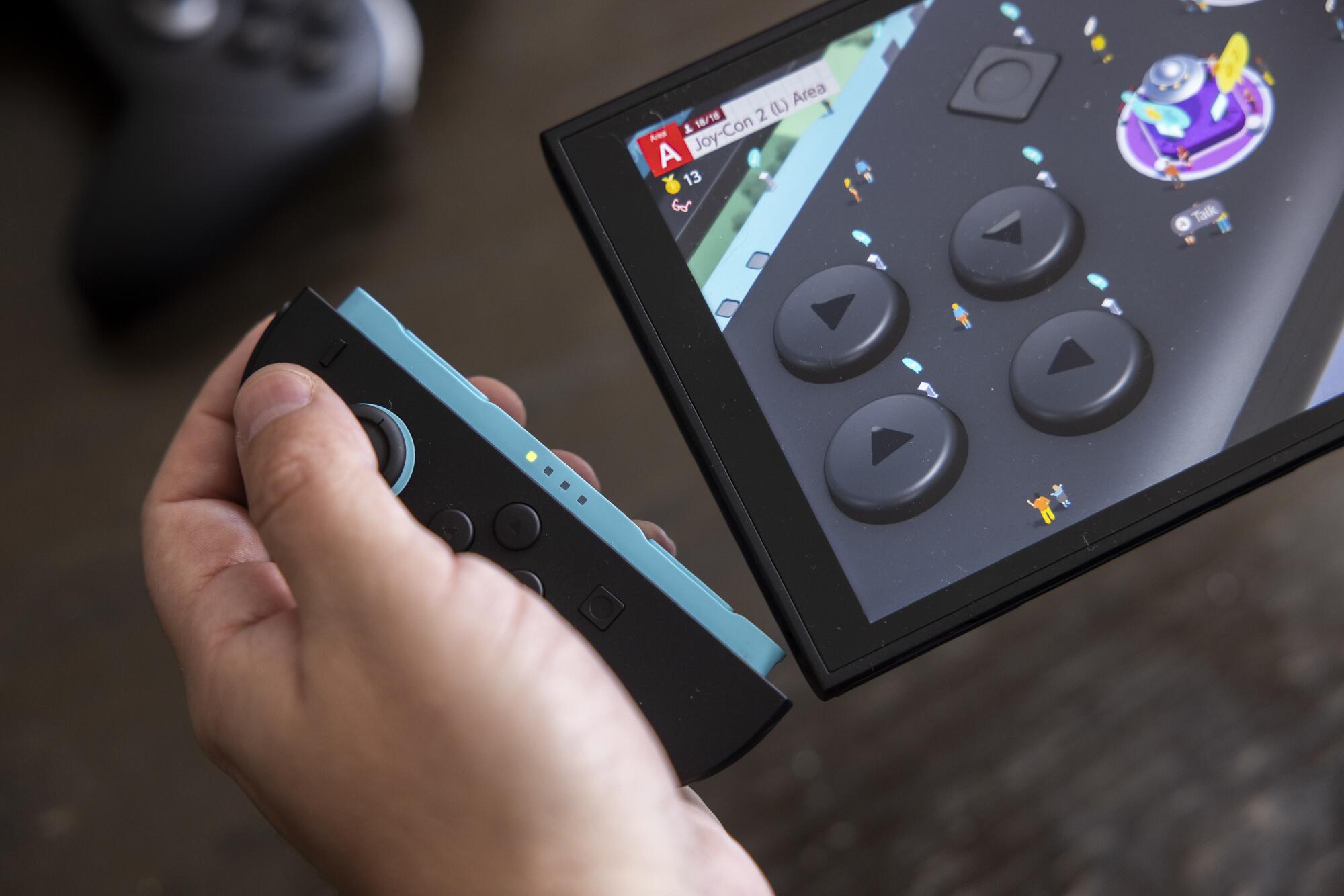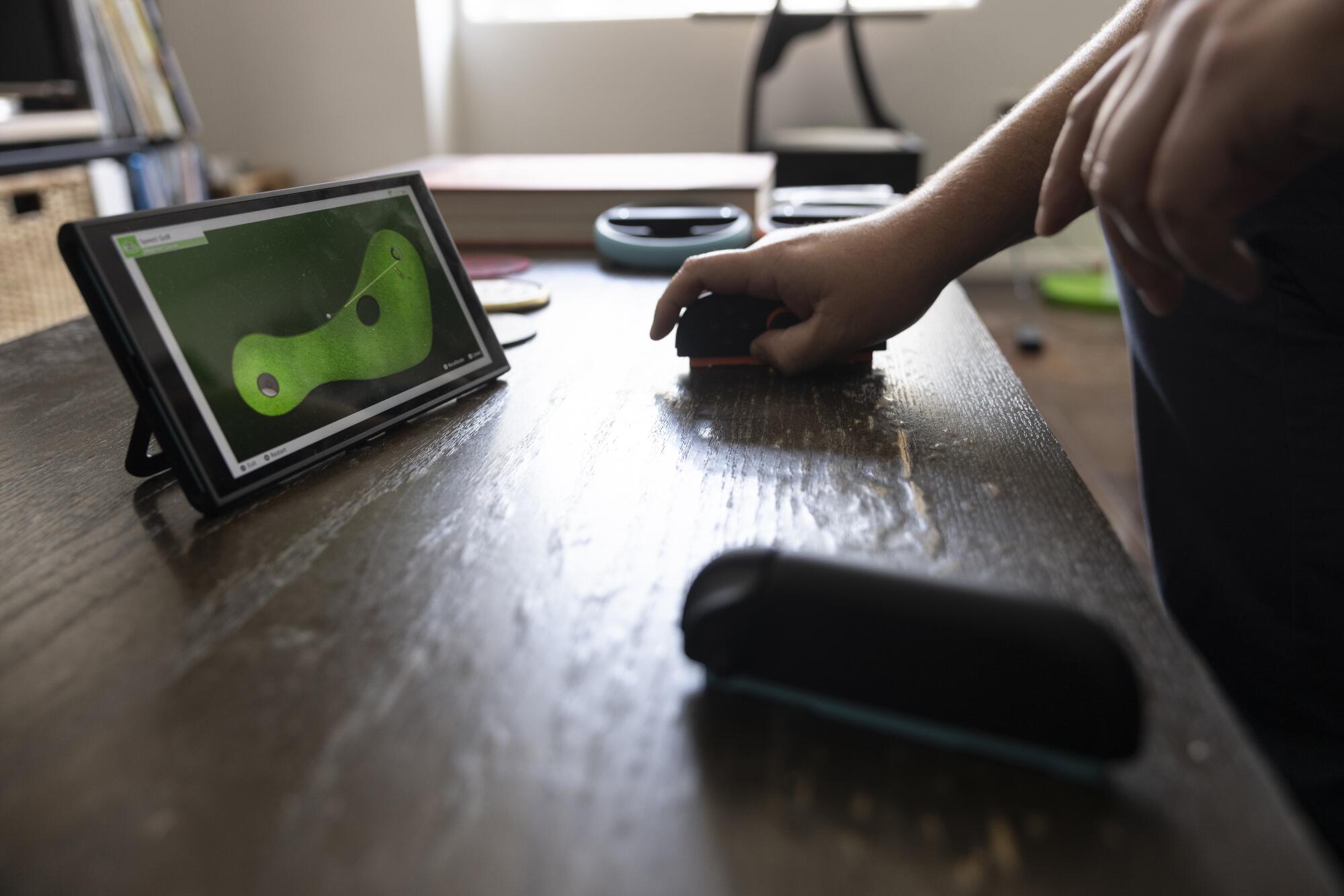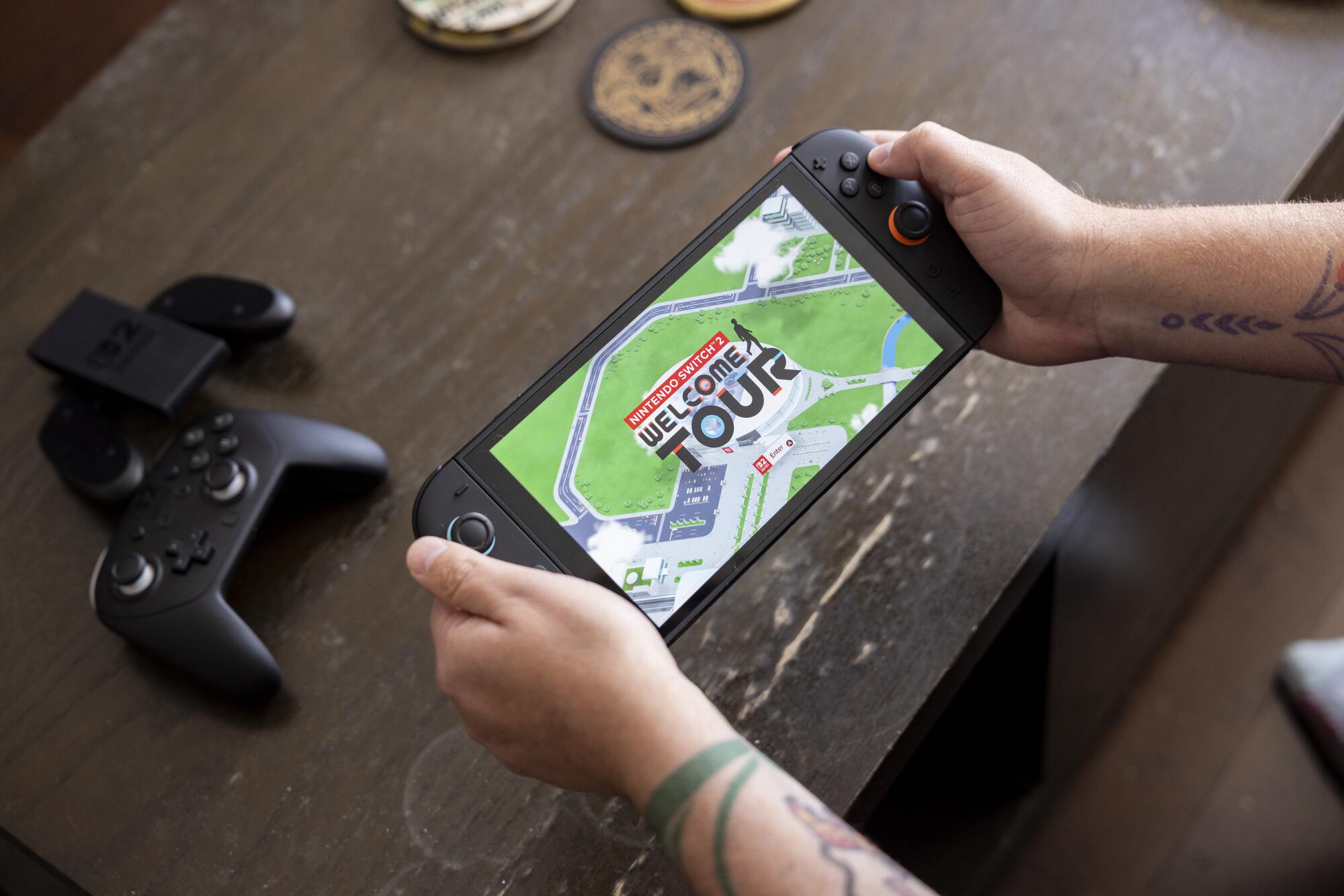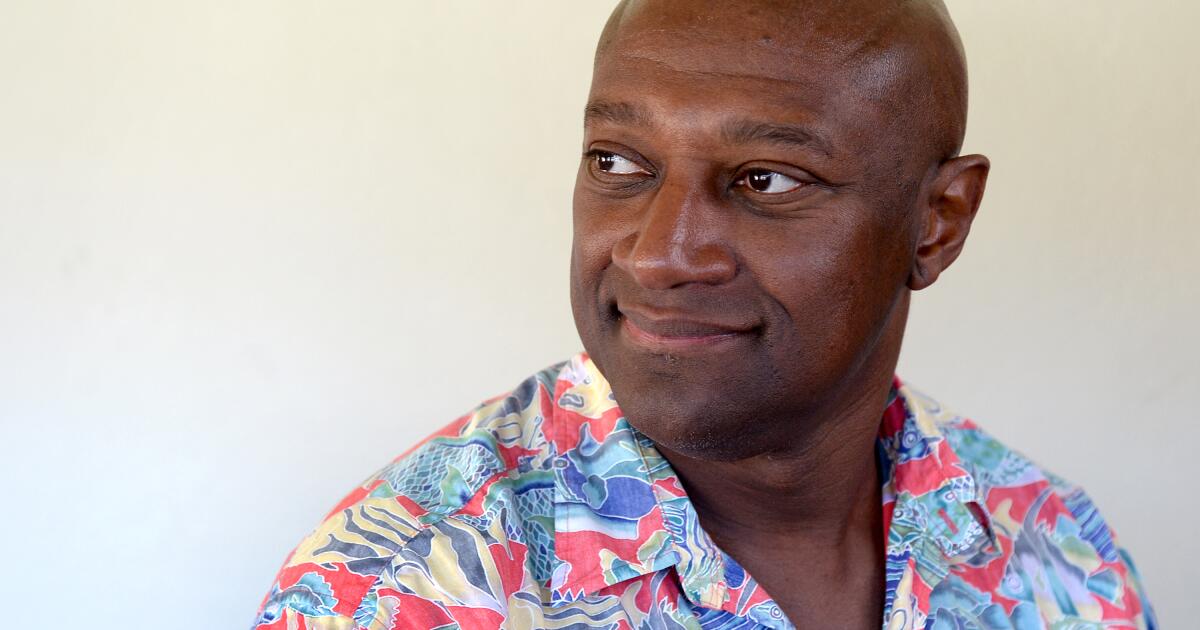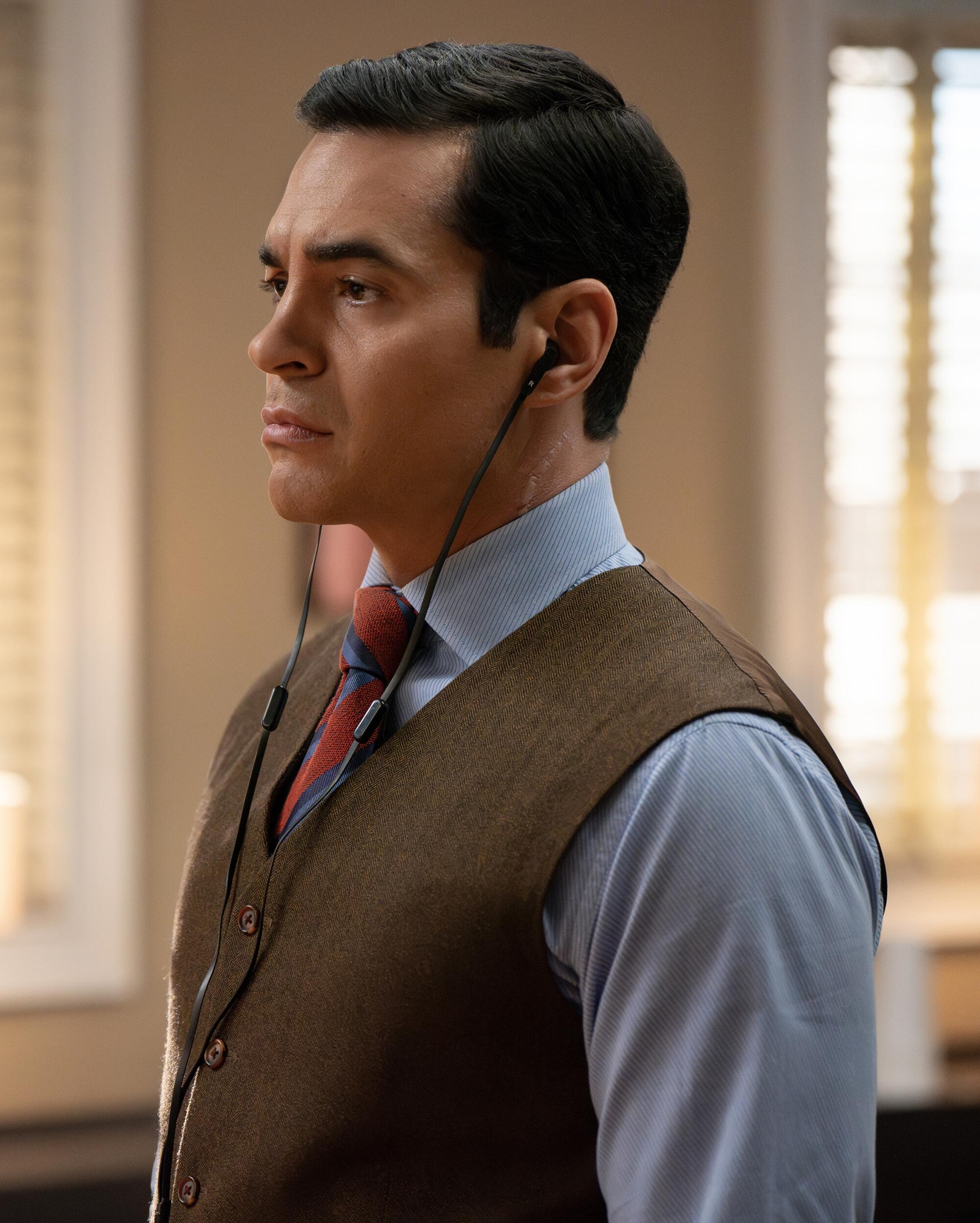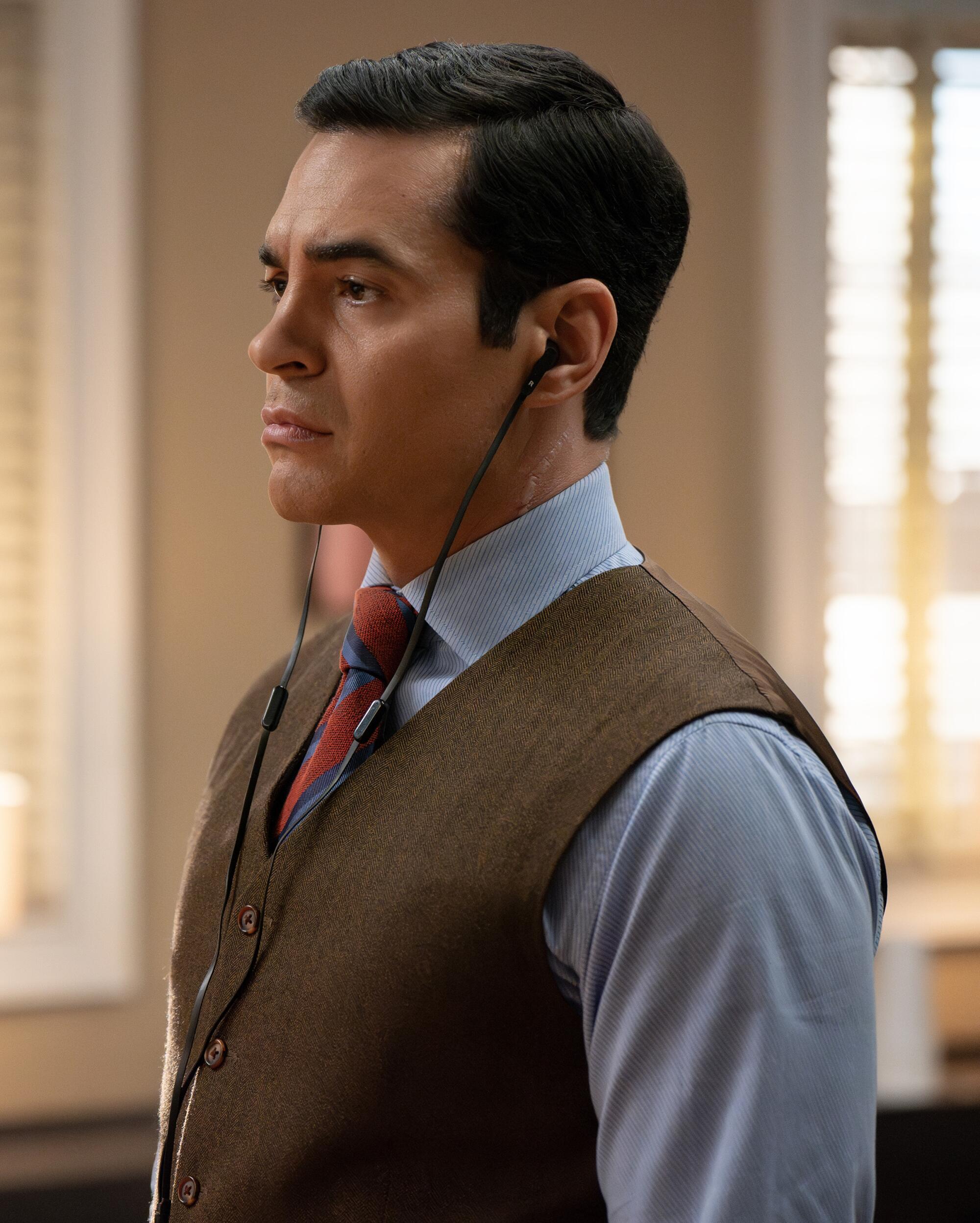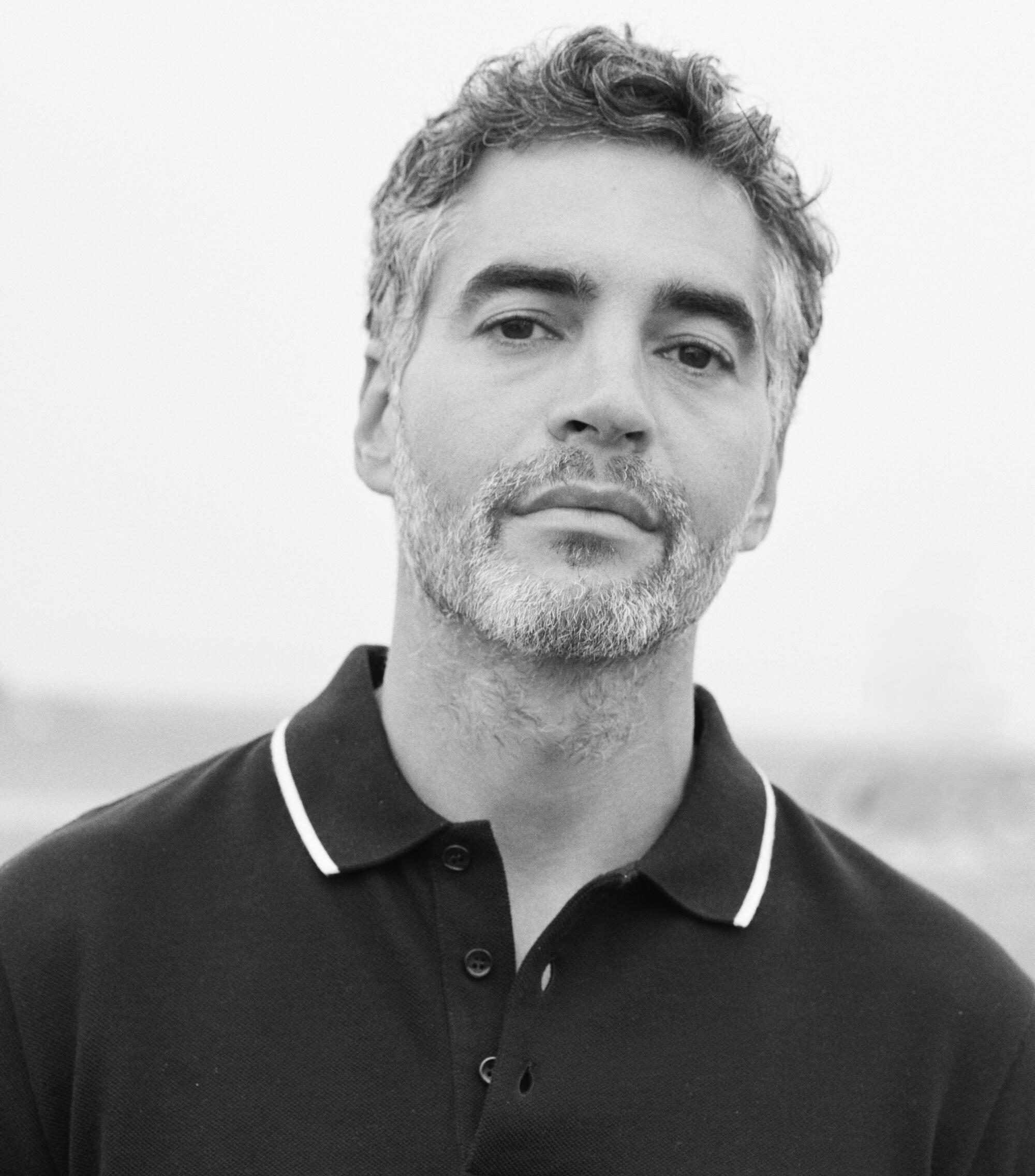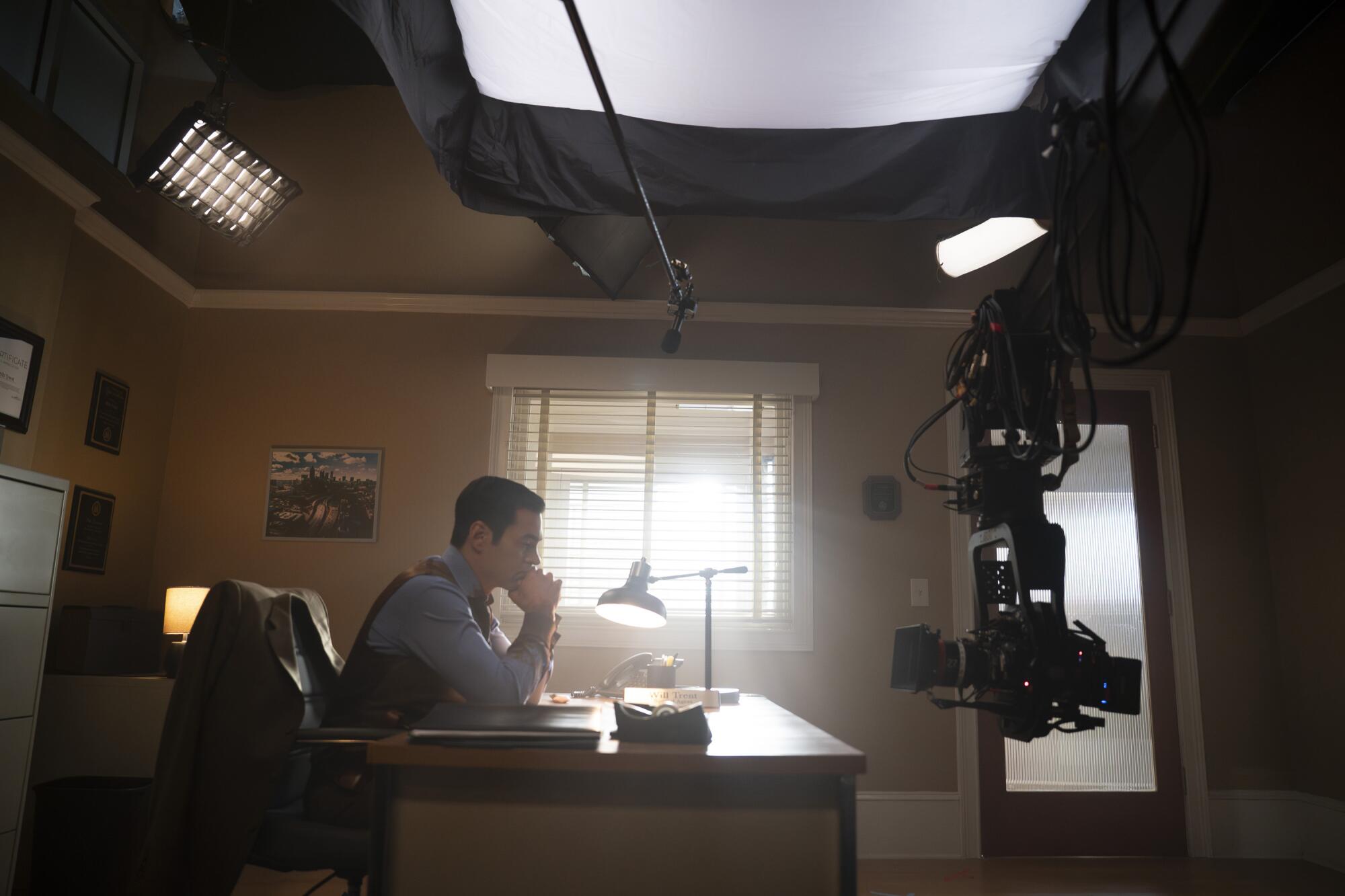A businessman who once sought to thwart Trump has become a fan
DENVER — Roger Hutson was never a huge fan of Donald Trump.
In 2016, he supported Marco Rubio for president, helping raise hundreds of thousands of dollars for his Republican primary bid.
In 2024, Hutson worked with “No Labels,” a group of Democrats, Republicans and independents, to forge a bipartisan ticket with the express purpose of keeping either Trump or Joe Biden from winning the White House.
Is this “really the best we can do in a country of 330 million people?” Hutson asked in a Denver Post opinion piece after the effort collapsed and another Trump-Biden matchup seemed inevitable. The failure, he suggested, was “a sad commentary on the status of leadership in America.”
But something unexpected happened over the last six months. Trump won Hutson over.
He’s not gone full-fledged MAGA. “No, no, no!” he insisted, scoffing at the notion of driving down the street, Trump flag waving. And he’s not about to jump on JD Vance’s political bandwagon, the likeliest vehicle for extending Trumpism in 2028 and beyond.
“I’m acknowledging the accomplishments of the man in the office,” Hutson said, with emphasis on the White House’s current occupant, whom he supported over Kamala Harris. “I’m very impressed.”
It’s not, as one might suppose, because the Denver oil and gas executive is enamored of Trump’s exhortations to “Drill, baby, drill! (“No, baby, no!” is more like it, as Hutson believes oversupply would drive prices down.)
Rather, Hutson credits Trump with achieving a good deal of what he promised during the 2024 campaign.
Securing America’s borders. Forcing U.S. allies to cough up more for defense. Bringing Iran’s nuclear program to heel. Taking on the country’s unfair trade partners.
He still doesn’t much care for Trump’s abrasive personality, the name-calling and denigrating of people.
But Hutson’s conversion shows that in a country deeply dug into oppositional camps, where political views appear cement-hardened into place, there are still those open to persuasion and even willing to change their minds.
As confounding as that might seem.
::
Hutson, 65, was a Republican his whole life, until leaving the party sometime in the 2010s. Or, more precisely, he felt “the party left me.”
A growing stridency around abortion and same-sex marriage was particularly off-putting to Hutson, who describes himself as a conservative on fiscal issues and a live-and-let-live type on social matters. “If you’re lucky enough in life to find somebody you love,” he said, “God bless.”
Hutson has long been active in civic and political affairs, serving on various boards and commissions under Democrats and Republicans alike. He recalled attending a meeting some years ago when GOP leaders gathered to discuss Colorado’s increasingly blue coloration.
“If winning means nominating an African American lesbian with antennae coming out of her head,” then Republicans should do so, Hutson suggested.
That didn’t go over well.
But it fit Hutson’s approach to politics.
He grew up an Army brat, moving around the world until his father completed his military career and settled in Golden, Colo., to take a job at a family lumber business. For all the impermanence — packing up and relocating just about every two years — Hutson said his upbringing was in many ways ideal, shaping his outlook to this day.
The military, he said, reflects the best of America: unity, shared purpose, teamwork. “I think it teaches you a lot of tolerance,” he said. “I think it teaches you a lot of acceptance.”
His GOP pedigree came from his father, the Army colonel. But it wasn’t the scorched-earth version of today’s Republican Party, in which Democrats and their philosophy are regarded as the root of all evil.
Long ago, as leader of the Jefferson County Republican Men’s Club, Hutson invited Colorado’s governor, Democrat Roy Romer, to speak.
“I was catching such hell from people. ‘How dare you invite a Democrat to speak to this group?’ ” Hutson remembered being chastised. “And I said, ‘Well, he’s our governor, isn’t he? I think it’d be an honor.’ ”
After some initial puzzlement from the governor’s office — are you sure? — Romer came and spoke, holding just the kind of cross-party conversation that Hutson wishes occurred more often among politicians in worlds-apart Washington.
“I’d love for Trump to have a weekly meeting with [Democratic House leader] Hakeem Jeffries,” Hutson said as he sat high above downtown Denver, his office decor — dark leather, rugged mountain landscape, a display of amber liquids — suggesting a Western cigar bar theme.
“I would love for Trump to sit down weekly with [Chuck] Schumer” — the Democratic Senate leader — or bring Schumer and the GOP Senate leader, John Thune, together and say, “ ‘How do we work our way through this?’ ”
Could you imagine that, Hutson asked, before answering his own question.
Nope. Never gonna happen.
::
Nothing, and no individual, is perfect. But Hutson looks to the bottom line, and he’s willing to accept trade-offs.
Trump is loud and uncouth. But he’s respected on the world stage, Hutson said, in a way the shuffling Biden was not.
Trump may be toying with tariffs — up, down, all around. But at least he’s addressing the country’s one-sided trade relationships in a way, Hutson said, no president has before.
He may be off base calling for a drastic ramp-up of domestic oil production. But in general, Hutson said, Trump’s welcoming message to business is, “What can we do to be more helpful?”
It’s unfortunate that innocents are being swept up in mass immigration raids. But maybe that wouldn’t have happened, Hutson said, if local officials had been more cooperative and criminal elements weren’t allowed to insinuate themselves so deeply into their communities in the first place.
Besides, he said, haven’t Democrats and Republicans both said a secure border and tougher enforcement is needed before comprehensively overhauling the nation’s fouled-up immigration system?
“We need to bring in the workers we need,” Hutson said. “I mean, if somebody’s coming here to work and be a meaningful part of society, God bless, man.”
Not perfect. But, all in all, a better and stronger presidential performance, Hutson suggested, than many with their blind hatred of Trump can see, or are willing to acknowledge.
“I’ve got to look at the results,” Hutson said, “and despite his caustic attitude and behavior, I think he’s done a really, really good job.”
When Barack Obama was elected president, Hutson recalled, one of his Democratic friends, a Black man, said to him, “ ‘Roger, you’ve got a Black president.’ And I said, ‘You know, Kevin, you’re right. And he’s my president, just like he’s your president.
“ ‘We don’t have to agree on everything but, by God, he’s the president of the United States and we respect that office.’ ”
Hutson paused. His eyes narrowed, disapprovingly. “We’ve lost that,” he said.

